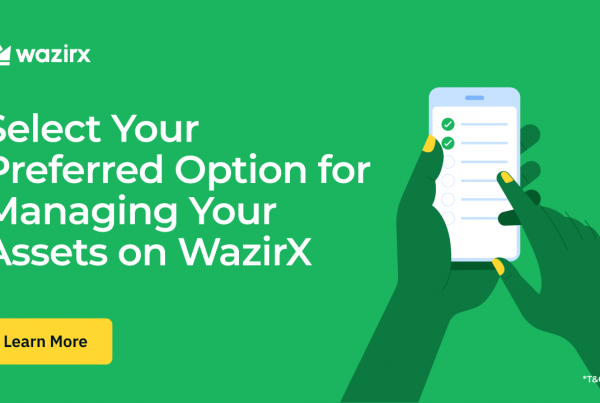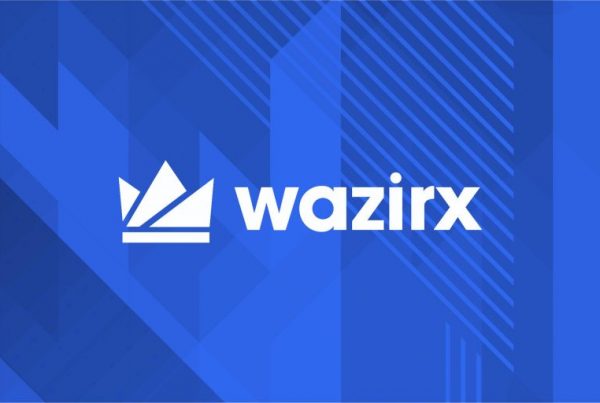Table of Contents
In August 2014, Martis Camp, a luxury real estate community located in California, was given an offer to purchase a 1.4-acre piece of land for about $1.6 million. Fairly regular sounding deal at first – but there was a rather unusual catch. The buyer wanted to pay using a relatively unknown currency at the time – Bitcoins. 2739 of them, to be precise. Not many knew that this would only be the beginning. Over the next few years, the relationship between crypto and real estate would grow ever more closer. In 2018, a $30 million luxury condo in Manhattan was ‘tokenized’ on the Ethereum blockchain, setting off the idea of real estate tokenization, and a chain of events with the potential to change the face of real estate globally.
When we talk about investments, our minds jump to cash, equity, commodities, and fixed income. Real estate is probably not everyone’s idea of their ideal investment, given its high barrier to entry and therefore limited access to the sector for a majority of people. For a long time, real estate has been seen as something that is ‘reserved’ for a section of society. A section with an abundance of capital to buy commodities as gargantuan as real estate, that is. However, as the blockchain becomes more popular, accepted, and most importantly, legal throughout the world, real estate tokenization may be the solution that resets such perspectives.
In simple words, real estate tokenization is the process of creating digital assets that represent individual properties or portfolios of properties, on a system supported by blockchain technology. It is based around the concept of tokenization, which is how assets are digitized. This process converts property value into digital tokens that are then sold to investors for fundraising, and these tokens represent a specific number of shares of a real estate. Here’s how it works:
- A property owner transfers their ownership to a digital ledger – a blockchain, by dividing the property into smaller, constituent units – like shares in a company.
- These units, called tokens, are then made available for sale to the investors.
- By purchasing these tokens, other investors become partial owners of the asset represented by the token – which, in this case, is the property.
- These part-owners can then trade their ownership in a free market, just like other capital markets, and earn on the returns.

The similarities between Bitcoin and Tokenized Real Estate
The notion that blockchain and real estate were ‘made for each other’ is growing popular, thanks to their compatibility in digitization. Whether you’re selling, buying, or tokenizing a property, the real estate market and blockchain are deeply entwined. As we discussed above, bitcoin and real estate do have some history, going back to when Bitcoins began getting used to purchase real estate. While Bitcoin adoption in real estate deals remains low compared to other currencies, real estate has moved forward into a world of its own with tokenization. Now, it shares a lot of common factors with Bitcoin. Some of them include fractional ownership, automated and fraud-proof transactions, increased transparency, and proof of ownership and documentation. It has even been said that tokenized real estate was built on a foundation of Bitcoin!
Why Real Estate Tokens are gaining popularity
Real Estate tokenization is being called the future of property investment. It owes its growing popularity to a variety of factors that support it and work in its favour:
- Owning properties by the fraction: Real estate tokenization involves division of an estate or property into shares that can be owned by multiple individuals or entities. Hence, it essentially allows fractional ownership of property. This significantly reduces the maintenance charges, taxes, and most importantly – lowers the barriers to entry. In other words, it makes real estate far more affordable by bringing down the investment cost for the investors.
- Higher liquidity: Lowliquidity has often been considered as one of the major drawbacks of real estate investments. However, this stands to completely change with the introduction of tokenization. Tokenization augments the liquidity of a property through fractional ownership. Entering into and exiting a real estate investment is rapid and smooth.
- Enhanced and automated transactions: Property deals often fall through because of the lengthy and cumbersome procedure that involves unending paperwork and legal obstacles. With real estate tokenization, investors can eliminate this archaic procedure by utilising a blockchain platform. Property deals can occur via smart contracts, which are automated, require no trust, and make investor management easier, and transactions quick and transparent.
- Definite proof of ownership: Digital and tamper-proof documentation of all transactions regarding the purchase of a property along with important documentation and history is shared with all stakeholders. This is possible only because of blockchain’s inherent immutability. The record acts as immutable proof of ownership, especially for the investors, and reduces the chances of fraudulent or illegal practices.
The road ahead
Real estate tokenization is happening, and it is happening now. 2019 witnessed several success stories in this regard. Blockimmo became the first decentralized real estate platform to complete the first tokenized real estate sale in Switzerland with the use of Ethereum and smart contracts. Some reports even claim that it was the first of its kind in the entire continent of Europe.
The size of the professionally managed global real estate investment market increased by 7.8% from $8.9 trillion in 2018 to $9.6 trillion in 2019. With the World Economic Forum predicting that blockchains will store 10% of the global GDP by the year 2025, anticipating solid growth in the real estate sector via asset tokenization would indeed be a wise move. Real Estate tokenization is a remarkable landmark in the road to digitization, and has made assets more accessible to everyone willing to invest. Nations around the world are already making changes and amendments to legalise blockchain technology and facilitate it in the most efficient way possible. And we couldn’t be more excited.
Disclaimer: Cryptocurrency is not a legal tender and is currently unregulated. Kindly ensure that you undertake sufficient risk assessment when trading cryptocurrencies as they are often subject to high price volatility. The information provided in this section doesn't represent any investment advice or WazirX's official position. WazirX reserves the right in its sole discretion to amend or change this blog post at any time and for any reasons without prior notice.










Is wazirx thinking to bring this to indian real estate market ? (Make me dream that)